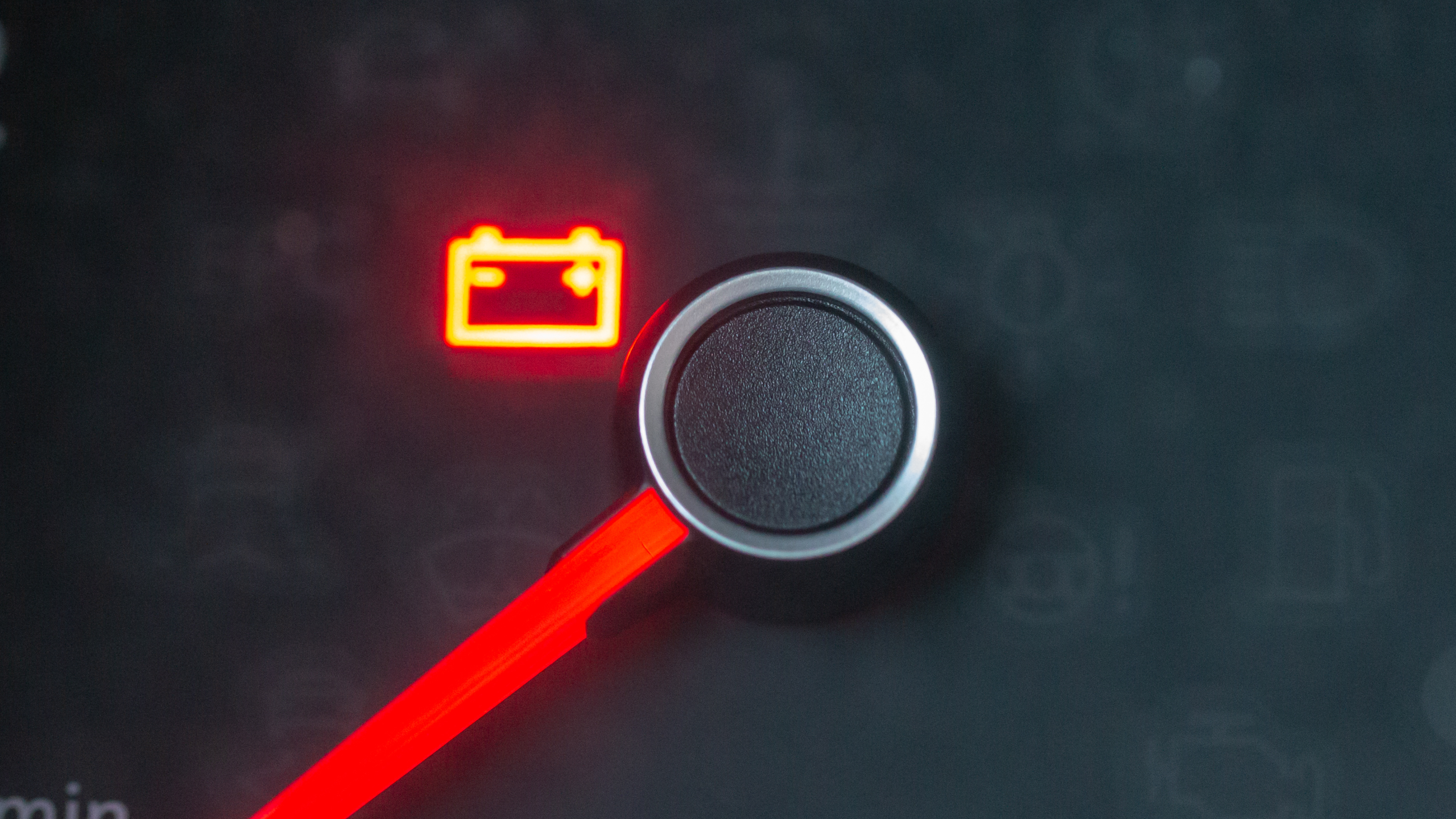Flat car batteries never happen at a convenient time. It’s always when you’re in a hurry – late for work, picking up the kids or on the way to that very important meeting. Most of us, after a little swearing or shouting, will write the battery off and purchase a new one. With the hope that you’ll never be a victim of another flat battery again. But it can happen – more than once. And unless you understand the factors that cause car batteries to drain, diagnosing the problem can be a challenge.
The headlights are dim, the engine isn’t cranking (or simply refuses to turn over) and electronics aren’t working as they should. Flat or almost-out-the-window car batteries are a pain. Here are a few troubleshooting tips to help:
1. Human Error
Human error is a common culprit of flat car batteries. It happens to the best of us. Whether you’re tired and forgot to turn the headlights off or you didn’t completely close the boot, overnight the battery drains and in the morning your car just won’t start. Thankfully, most new vehicles come equipped with warning signs if your headlights are still on. It’s a good idea to get into the habit of checking before you lock up if not.
Accidently leaving the headlights or inside dome lights on is one of the main causes of a battery dying. Most times, it’s human error but parasitic drains (internal lights remaining on when they shouldn’t) can cause the battery to drain just as quick too. These suckers can be hard to find but check inside the glove box and boot for the two primary places.
2. Car Battery is in Poor Condition
How long has it been since you changed your car battery? If you can’t remember or it’s been a while, chances are it’s not in prime condition. Like your vehicle, car batteries need to be properly maintained to hold charge well. Even small drains, like the memory function in your car radio, can kill an already weak battery. On average, car batteries should be replaced every 4-5 years. Old batteries will naturally struggle to hold charge. But if you’re always taking short drives or the vehicle is sitting in extreme cold or hot temperatures, the battery won’t be well-maintained.
To avoid poor condition or old batteries, give the alternator time to recharge by taking the car for longer drives. Car engines that are not starting consistently usually mean the battery is old. You can do a visual inspection and check for obvious signs of corrosion or wear and tear too. Thus, a battery replacement should be the first consideration. Once you invest in a new one, make sure you keep it in good condition.
3. Issues with Electrical Components
Car batteries aren’t just responsible for powering the engine, but they need enough juice to run all the electrical components in your car too. From power windows, radio, windshield wipers, dashboard lights, power seats, headlights and more, these items all need a properly charged battery to operate efficiently. If your car is struggling to start, try turning on the headlights. If they turn on with normal brightness, the problem could be to do with charging system problems, a bad starter or poor wiring – not the actual battery. If the lights don’t work at all or a much dimmer than usual, this is a sign there’s a problem with the battery and its ability to power the electrical components.
4. Extreme Hot vs. Extreme Cold
Extreme changes in temperature can shorten your battery’s lifeline and increase the amount of time it needs to recharge. This is because there’s a build-up of lead sulphate crystals. Cars subjected to these temperatures may need a battery replacement more often. If you’re not using the car on a regular basis, it can be worthwhile storing the battery in a more regulated temperature to preserve its juice.
5. Charging System Problems: Alternator vs. Battery
Bad charging is also a common problem of troublesome car batteries. This can be from a multiple of issues, including the alternator, and causes the battery to drain even when driving. For a car battery to charge effectively, the alternator needs to provide it with enough charge. If this charging system isn’t working as it should, it’ll usually result in getting stranded and requiring a boost from a professional mechanic.
If you find yourself jump starting the car regularly, chances are the battery is old or the alternator is bad. Replacing the battery and troubleshooting alternator issues will help determine the diagnosis. Alternator problems can be a sign of broken or lose connections, dim lights, strange sounds and flat batteries. Still stuck on your flat battery or need more assistance? Chat to one of our qualified staff today to help diagnose the problem!





